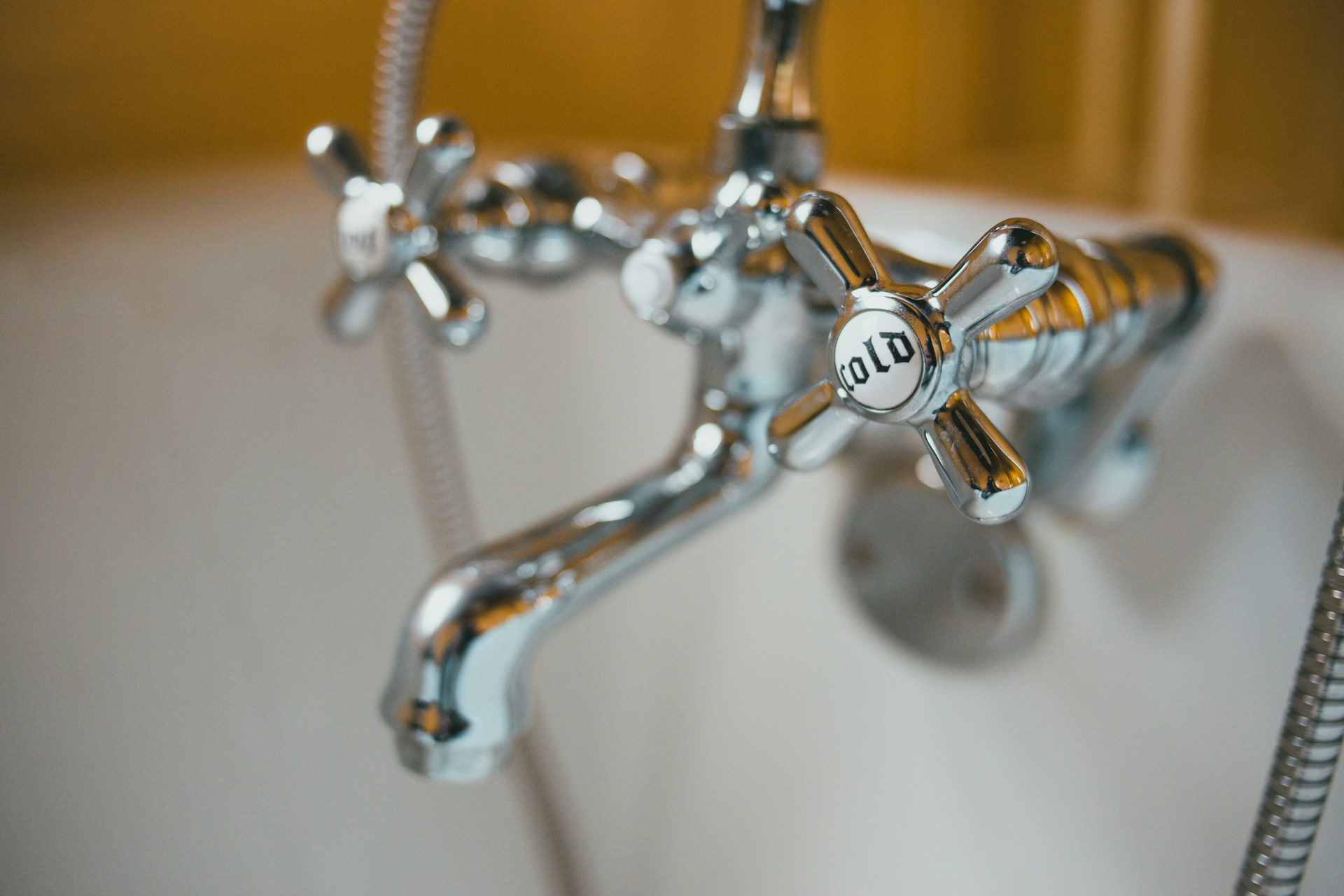A water heater plays a vital role in providing comfort and convenience in your home. When it malfunctions, it can disrupt your daily routine and lead to costly repairs. Recognizing the early signs of trouble can help you address problems before they escalate.
Unusual Noises Coming from the Water Heater
Strange noises coming from your water heater can indicate a problem. These sounds can range from mild popping and rumbling to loud banging. Each noise signifies a different issue that needs immediate attention.
Popping or cracking sounds often indicate sediment buildup at the bottom of your tank. Over time, minerals from hard water accumulate, causing these unwanted noises. This buildup forces the heating elements to work harder, leading to inefficiencies and potential damage.
Rumbling or banging noises can be even more concerning. These sounds suggest that there are significant deposits inside your unit. The expansion and contraction of the tank when heating water can cause these unsettling noises. Ignoring them may result in leaks or even a complete failure of the water heater.
Our professionals are trained to diagnose the source of these unusual noises and provide effective solutions. If you hear any strange sounds coming from your water heater, it’s crucial to seek repairs immediately to avoid further complications and potential water heater replacement.
Inconsistent or No Hot Water Supply
A reliable hot water supply is essential for daily activities like bathing, cooking, and cleaning. If you notice that your water is taking longer to heat up or isn’t getting hot at all, something is likely wrong with your water heater.
An inconsistent hot water supply often points to an issue with the heating elements or thermostat. Over time, these components can wear out or malfunction, affecting the unit’s ability to heat water evenly. If one element fails, the water heater may not maintain the desired temperature, resulting in lukewarm or cold water.
Another potential cause could be sediment buildup. Sediments can insulate the water from the heating elements, making it difficult for the system to perform efficiently. Regular maintenance, including flushing the tank, can prevent this problem, but significant buildup may require professional cleaning or repairs.
If you experience no hot water at all, it could signify a more serious issue like a broken dip tube or a faulty gas valve in gas-operated units. These problems necessitate expert intervention to diagnose and fix the root cause.
Our technicians are skilled in identifying and resolving these issues to restore consistent hot water to your home. Don’t ignore erratic hot water supply; it can escalate into more severe problems requiring extensive repairs or even a full water heater replacement.
Water Leaks and Moisture Around the Unit
Water leaks and moisture around your water heater are clear signs that your unit needs immediate repair. Ignoring these leaks can lead to significant water damage and increased utility bills. Here’s what to look for:
1. Pooling Water: Check for standing water around the base of the water heater. This indicates a leak possibly from the tank itself, the pressure relief valve, or surrounding pipes. Immediate action is needed to prevent further damage.
2. Condensation: Sometimes, condensation forms on the exterior of the tank, especially with older units. While this may seem minor, it can indicate a failing unit that could soon develop more severe problems.
3. Corroded Connections: Inspect the connections and fittings for any signs of rust or corrosion. These indicate slow leaks that can worsen over time, leading to more severe damage.
Our professionals are skilled at diagnosing leak sources and can recommend quick, effective repairs. Addressing leaks early can prevent the need for a complete water heater replacement, saving you time and money.
Discolored or Foul-Smelling Water
Discolored or foul-smelling water is a significant red flag. It suggests that your water heater may be contaminated or corroded. Here’s what each type of discoloration means and what actions to take:
1. Rust-Colored Water: If your hot water comes out rusty or brown, it likely indicates corrosion inside the tank or the pipes. This corrosion not only affects water quality but can also lead to leaks and tank failure.
2. Cloudy Water: Milky or cloudy water often means there is a buildup of minerals and sediments inside the tank. This can affect both the efficiency and lifespan of your water heater.
3. Foul-Smelling Water: If your hot water smells like rotten eggs, it’s a sign of bacterial contamination in the tank. This is more common in units that use well water or have been sitting unused for an extended period.
Our technicians can perform thorough inspections to determine the cause of the discoloration or odor and recommend effective solutions. Whether it’s a thorough cleaning or a complete water heater replacement, timely intervention is crucial.
Conclusion
Recognizing the signs that indicate the need for water heater repair can save you from unexpected breakdowns and costly repairs. From unusual noises and inconsistent hot water supply to leaks and discolored water, each issue has its telltale signs that should not be ignored.
Timely action can prevent minor problems from escalating into major issues that require extensive repairs or even a full replacement. Understanding these signs allows you to keep your water heater in optimal condition, ensuring a reliable supply of hot water for your daily needs.
For expert water heater repair in Johnston, IA, trust us at True Comfort LLC. Our professionals are equipped to handle all your water heater needs with precision and expertise. Contact True Comfort LLC today to schedule your water heater repair and ensure your home remains comfortable and efficient.

